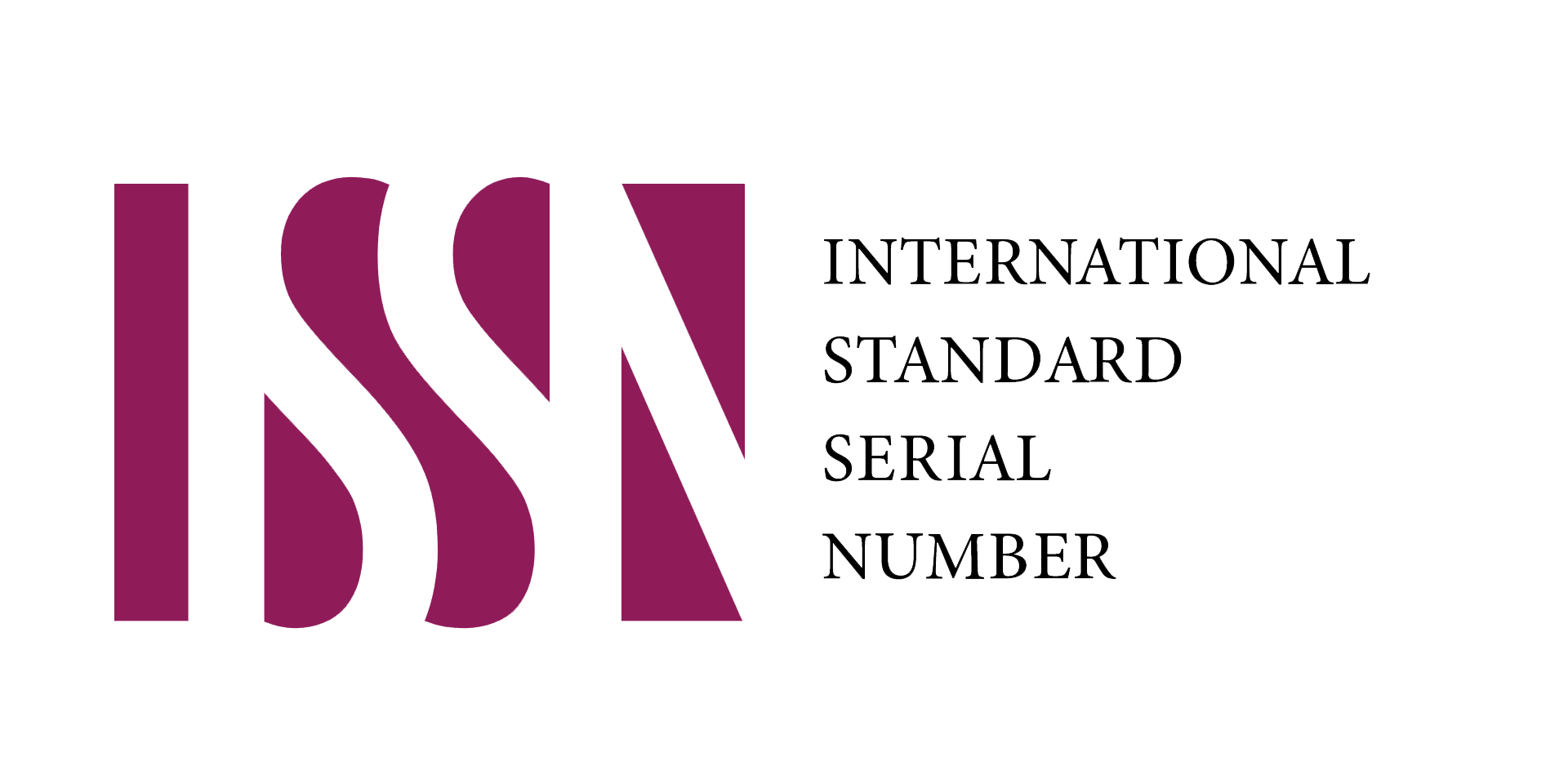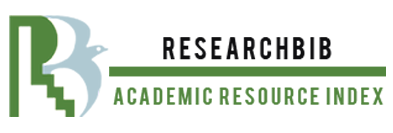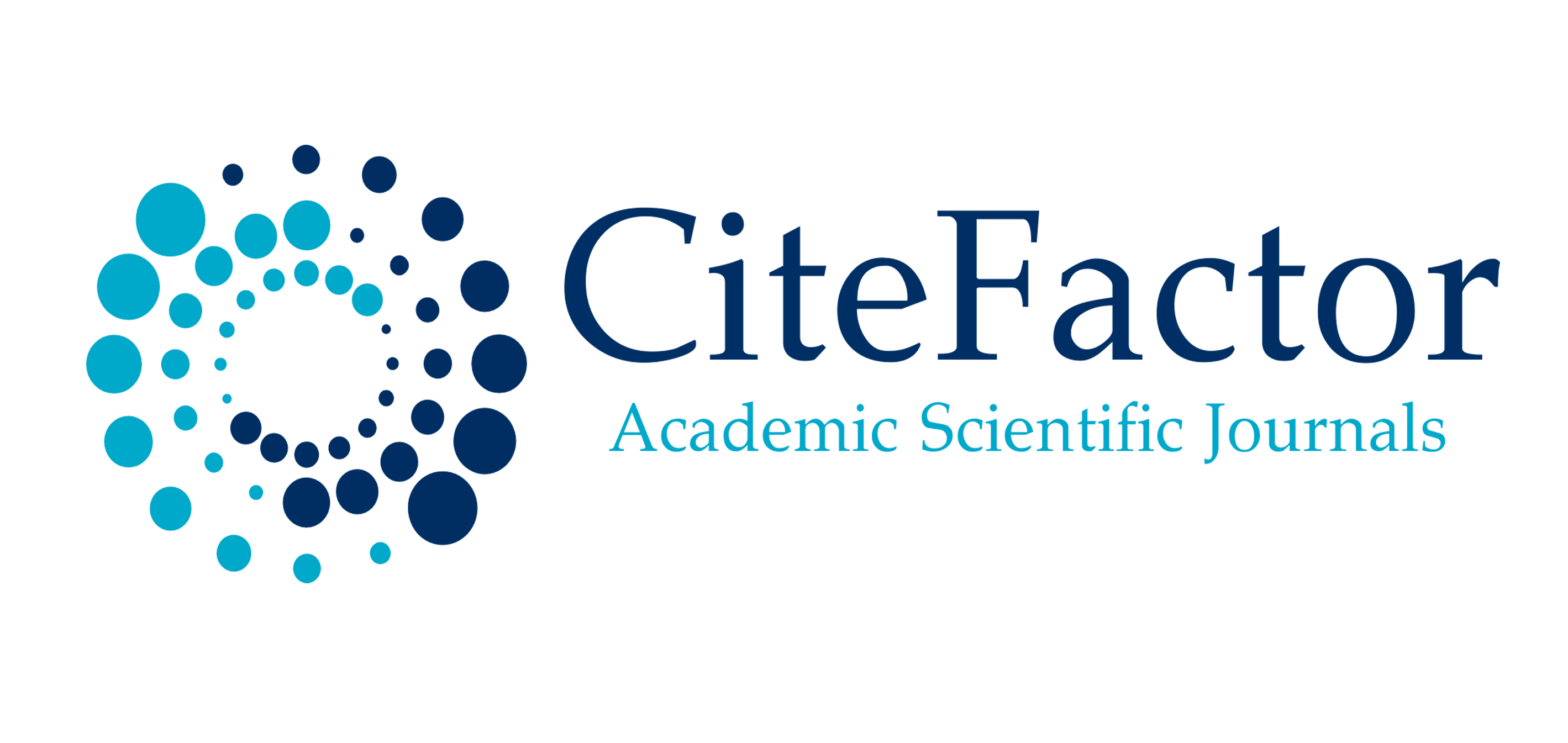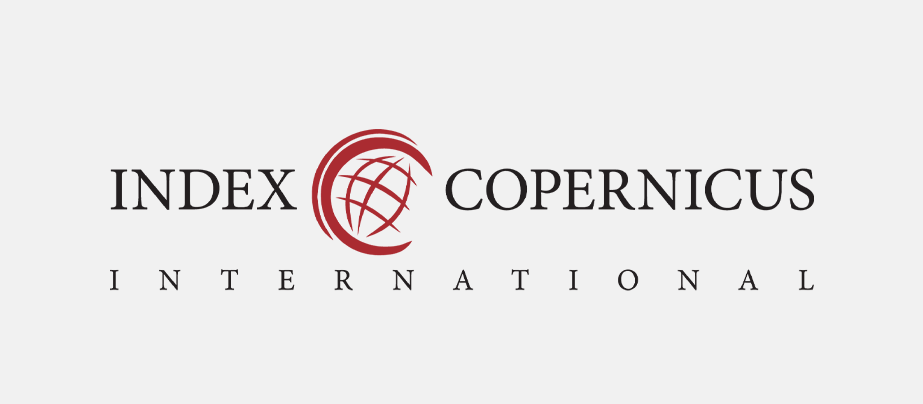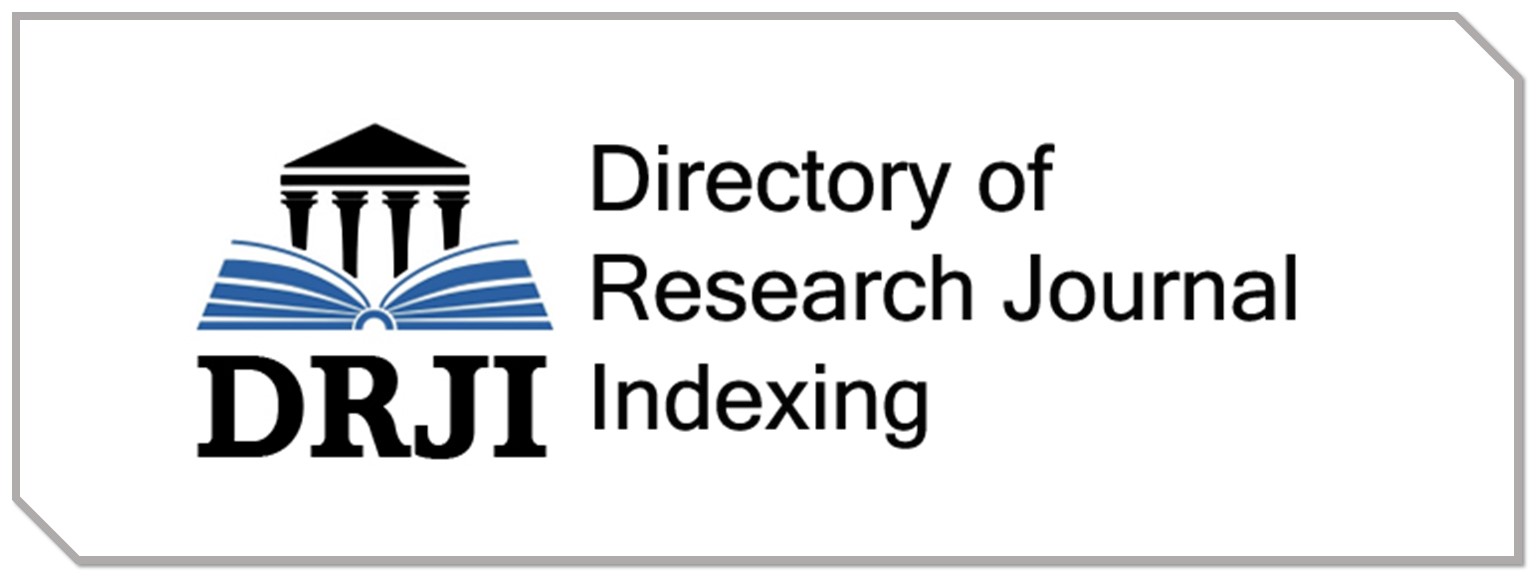Main Aspects of Discourse Research in Modern Linguistics
Keywords:
Discourse structure, speech activity, concept of consciousness, speech flow, cognitive process, modern linguisticsAbstract
This article discusses the fundamental issues surrounding the study of discourse in contemporary linguistics. The term "discourse" was first introduced into linguistic theory during the structuralism era in the 1950s. French scholar Émile Benveniste, in developing the theory of speech, used the word "discours" to refer to "spoken works that arise every time we speak." In 1952, American scholar Z. Harris published an article on "discourse analysis," focusing on sequences of utterances and text segments larger than sentences. These two renowned scholars laid the foundation for a persistent challenge in modern linguistics, which is the identical representation of different objects of study associated with the term "discourse." The initial ambiguity of the term has led to an expansion of its semantics. Traditionally, discourse was associated with ordered written or, more often, spoken communication of individual subjects. However, as discourse analysis developed, the semantic scope of the concept "discourse" significantly broadened to include both linguistic and non-linguistic semiotic processes. In a broader sense, discourse represents the unity of linguistic practice and extralinguistic factors necessary for understanding texts.

